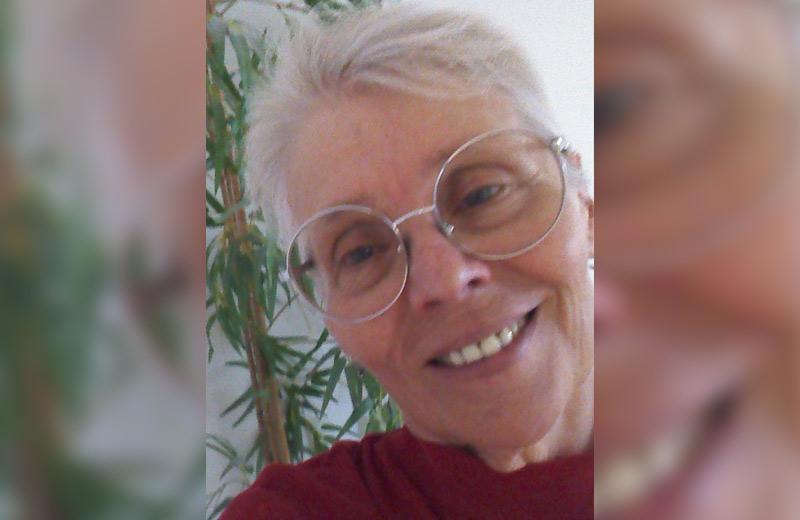Patient partners play a crucial role in health care. They provide the patient perspective for projects led by health authorities and health organizations. We all have unique experiences with the health care system and can contribute to important conversations about care. Patient partners help improve the overall quality and practical delivery of care by offering their real-life experience.
Over the past decade, Rita Wiebe has served as a patient partner in various capacities. For instance, in 2017, after her 38-year-old son died of pancreatic cancer and went through the MAiD (Medical Assistance in Dying) program, Rita insisted on the need for family voices. Her son was one of the first 1,000 legalized cases in Canada. Since then, Rita hasn’t looked back on the “citizen approach” to patient engagement.
Rita says her most memorable engagement as a patient partner was a collaborative project involving many groups that was co-sponsored by Northern Health. In November 2019, Rita attended the Caring for Older Adults Conference at the Prince George Civic Centre, bringing together groups to discuss how to improve health for 45-64-year-old Canadians in rural and remote locations.
“I was thoroughly impressed with how it all came together,” says Rita. “Here is where visionary leaders teamed up for the greater good of having a conference geared toward the older adults, representing rural and remote living in Western Canada.”
“Along with great visionaries, were representatives from many regional, provincial and national stakeholder groups,” continues Rita. “I had opportunity to provide the ‘citizen (patient partner)’ perspective by using my communications and outreach skills, with the added benefit of being in the right age demographic. Since I am known for being a person with a strong passion for empowering the 45-64 age demographic, I was privileged to host and facilitate the Citizen Perspective Talk Show portion. I got to assemble a five-person talk show panel from the community perspective. They included an Indigenous doctor, a pharmacist, a personal trainer, and others. My choice of words is always to use the ‘person-centred’ perspective, and oftentimes I must remind those clinical cohorts of the need to avoid jargon and clinical terms.”
From there, Rita joined a planning committee, where she worked with the BC SUPPORT Unit Patient Council and other groups. As time went on, the Patient Voices Network recruited 25 patient voices from around the province who would help create the Avoid Frailty brochure.
“I am happy to say that [the brochure] does not include ageist language or labels, and is written in a format appealing to the end-user and includes bright color, smiles, and happy older adults,” says Rita. “As an engaged citizen (or patient partner), I had [an] upfront opportunity to see and be a part of how much work went into creating a brochure. I realized, that when stakeholders recreate ‘proper, person-centred’ literature, it is not done with an individual lens of a graphics person in the backroom somewhere.”
“I am grateful to have had this opportunity to experience the huge collaboration for this National brochure, with roots right here in our region! This may be the first time many readers see the product from that 2019 conference,” says Rita.
Learn more about how you can improve health care in your community.














Comments